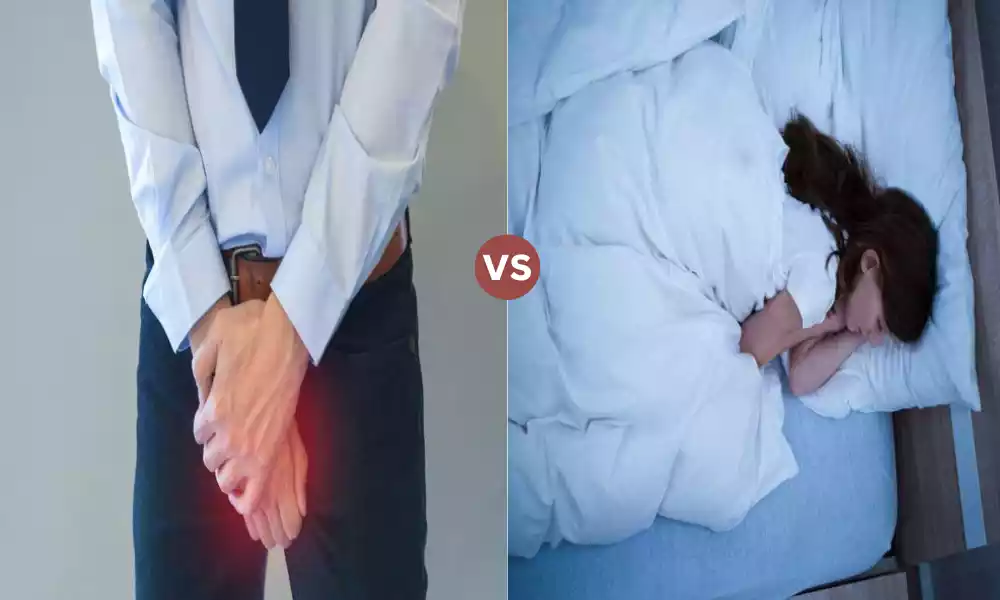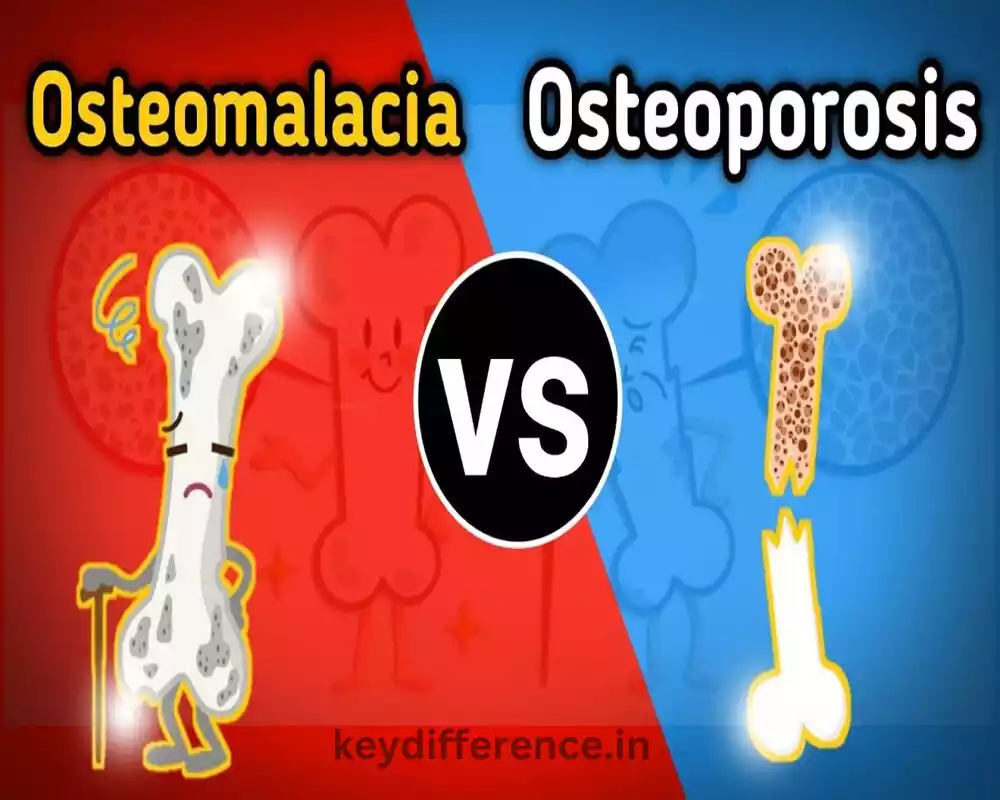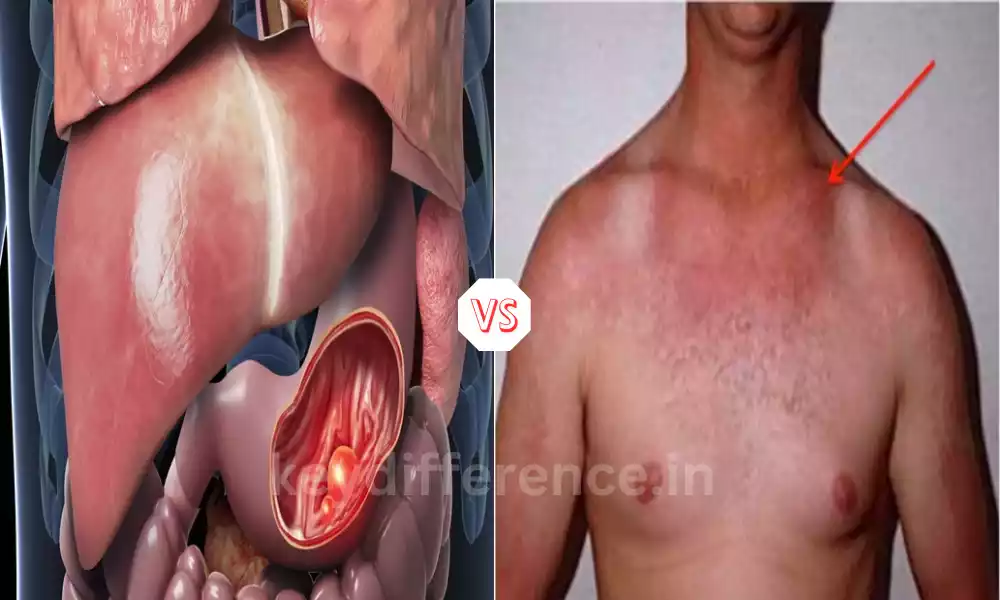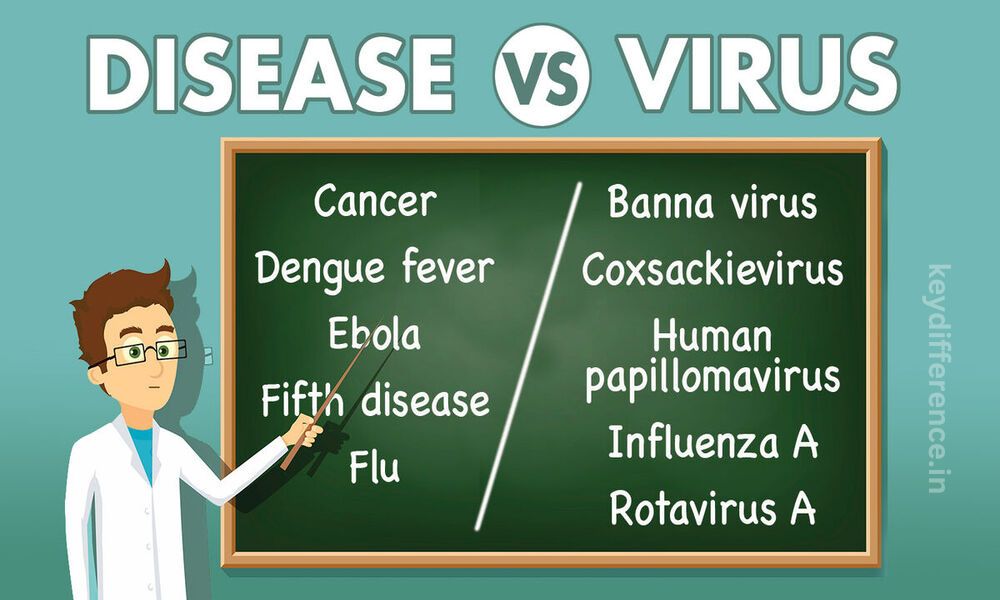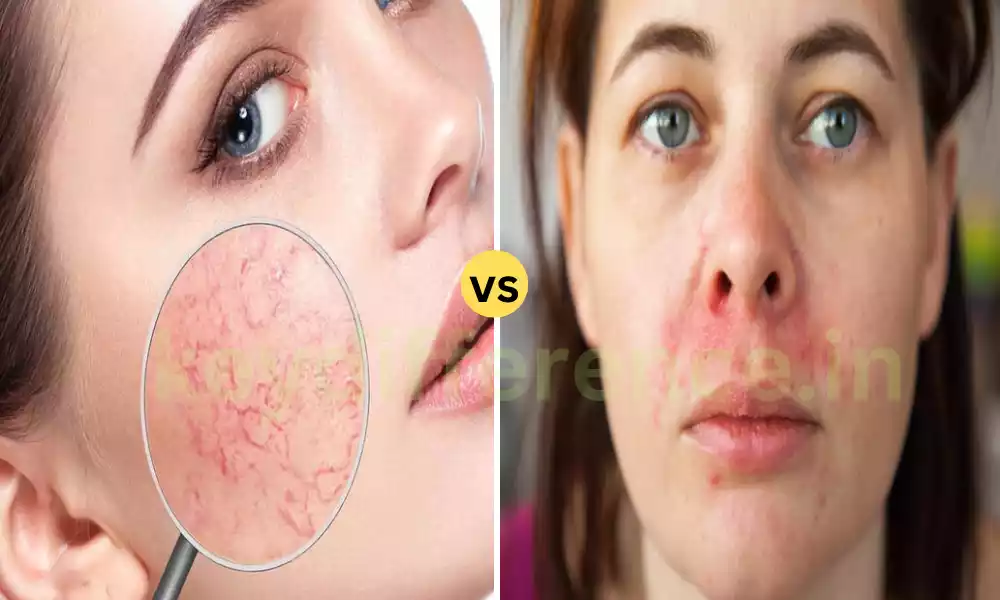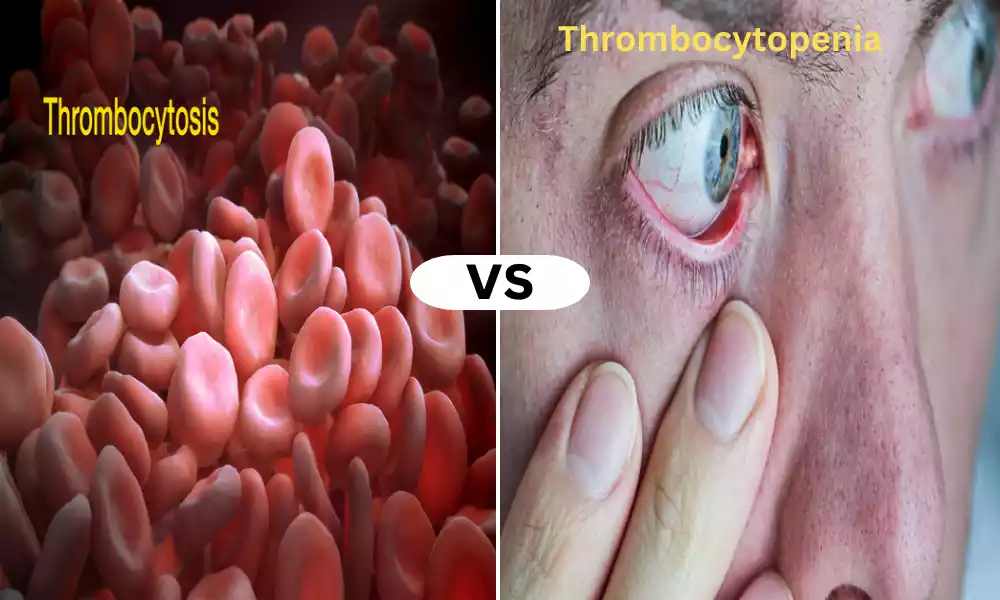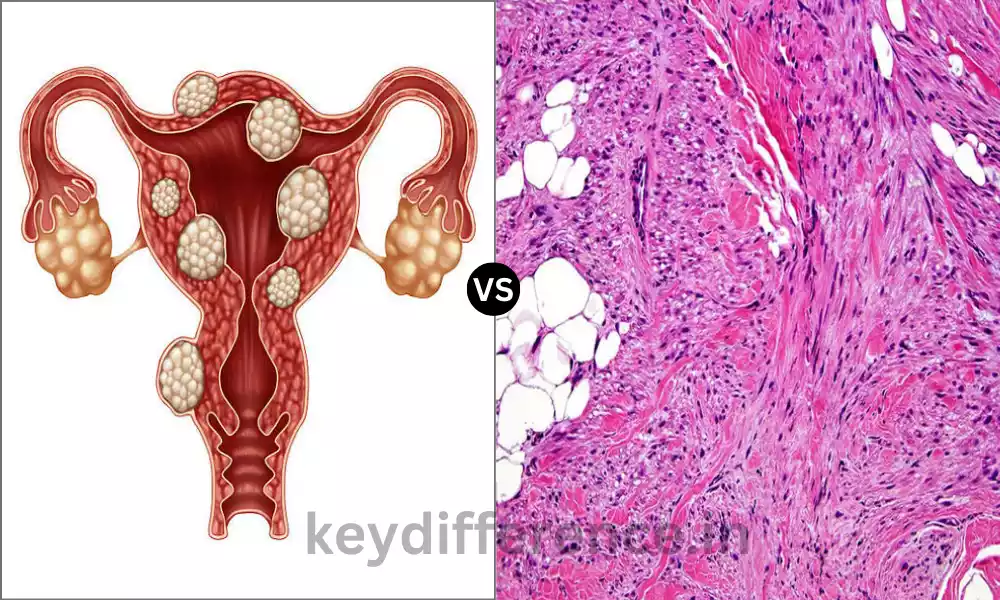Nocturia and Enuresis are two medical conditions related to urination that are often confused. Nocturia refers to frequent urges to urinate at night, which may disrupt sleep and reduce the quality of life it is associated with various medical conditions as well as aging
Enuresis refers to the involuntary release of urine during sleep–commonly seen among children known as bedwetting–wherein urine escapes involuntarily into their surroundings during sleep – it’s known as bedwetting in children known as bedwetting.
Both conditions share some characteristics but this article will explore their differences as well as shed some light on their unique characteristics so we can diagnose and treat these conditions correctly!
What is Nocturia?
Nocturia, also known as night urination syndrome, is a sleep condition characterized by the need to wake up multiple times at night to urinate. Although not a disease in itself, nocturia tends to become more prevalent with age – often becoming an indicator that additional issues exist within an individual’s system.
While nocturia affects individuals of any age group, older individuals are particularly prone to it. Constant awakening disrupts sleep cycles and can result in poor-quality restful slumber and daytime fatigue.
A number of factors may contribute to Nocturia including:
Medical Conditions: Diabetes, urinary tract infections, liver failure, or heart failure may all increase your likelihood of Nocturia.
Bladder Dysfunction: Problems related to storage or overactive bladder may result in frequent nighttime urination.
Medications: Certain diuretics can increase urine production.
Aging: With age comes changes to your body that decrease bladder capacity, leading to Nocturia.
Lifestyle Factors: High fluid consumption prior to bed, caffeine, or alcohol use could all contribute to Nocturia.
Nocturia treatment typically entails identifying and managing its source, which could involve taking measures such as altering medications, treating infections, or altering lifestyle choices such as decreasing fluid consumption in the evening.
Understanding Nocturia is essential for those suffering from it, as correct diagnosis and treatment can improve sleep quality and well-being. If you suspect Nocturia symptoms in yourself or another, consult with healthcare providers as soon as possible to identify its underlying cause and suitable remedies.
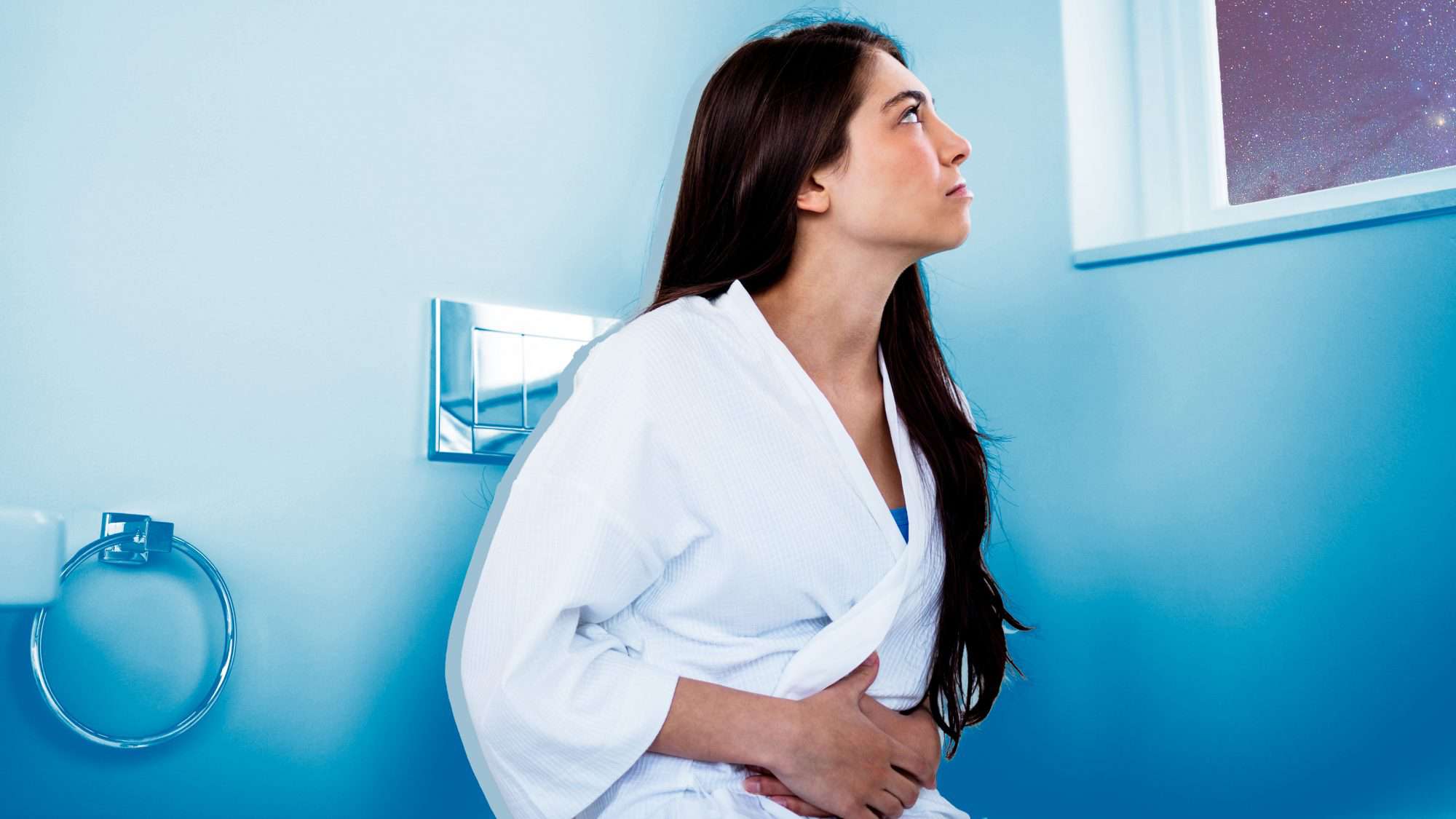
What is Enuresis?
Enuresis (sometimes referred to as bedwetting) refers to the involuntary release of urine during sleep, often by children but also affecting people of any age. Enuresis may be embarrassing and frustrating for its sufferers understanding its causes and types will allow for effective treatments.
Enuresis comes in two main varieties: (1) Night-wetting (2) Daytime bedwetting
Primary Enuresis: Primary enuresis occurs when a child has never experienced consistent night-time dryness, usually before the age of 7. It often indicates a developmental delay in bladder control and should be addressed quickly for optimal development.
Secondary Enuresis: Secondary enuresis occurs when someone, whether child or adult, begins bedwetting after having been dry for some time. It could be related to psychological factors, underlying medical conditions, or stress.
Causes of Enuresis may include:
Genetics: Bedwetting runs in families.
Developmental Factors: Some children may develop bladder control more slowly.
Psychological Factors: Stress, anxiety or major life changes could contribute to Enuresis.
Medical Conditions: Bedwetting may be caused by infections, diabetes, or neurological disorders deep sleep is another possible contributor. Some children sleep so deeply that they don’t wake up when it is time to urinate and therefore don’t wake up when their bladder needs emptying.
Enuresis treatment typically entails using multiple approaches, including behavior modification, moisture alarms, medication, or counseling if psychological factors are at play. Compassion from caregivers is key, while punishment or shaming must be avoided as these could make matters worse.
If your child continues to experience Enuresis beyond an appropriate age or starts suddenly after an extended dry period, it’s wise to consult healthcare providers as it could indicate an underlying medical condition that needs to be addressed.
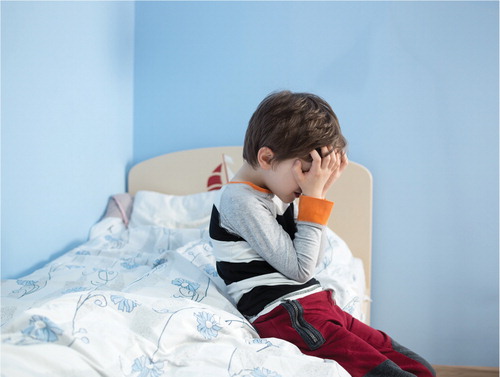
Common misconceptions about these terms
Absolutely! Both Nocturia and Enuresis can often be misunderstood, with several common misconceptions surrounding these terms.
Here are a few:
Nocturia Is Just Part of Aging: While Nocturia may become more frequent with age, it should never be treated as a normal part of aging rather it should be addressed immediately as it could be signaling serious underlying health concerns that need to be addressed immediately.
Nocturia Is Just a Nighttime Issue: Although nocturia typically manifests at nighttime, its causes could also impact urination during the daytime.
Reducing Fluid Intake Solve the Issue: Although decreasing fluid consumption can help, this may not be a sustainable solution to Nocturia its root cause must first be identified and treated effectively.
Enuresis
Many Think It Is a Behavioral Issue: Many assume bedwetting in children is caused by laziness or behavioral issues in most instances, it’s actually related to developmental factors or other circumstances and not an intentional choice.
Punitive Responses Won’t Stop Bedwetting: Punishing children for bedwetting can actually backfire by increasing stress levels and compounding the issue further.
Experience:
Not Only Children Have It: Although more common among children, Enuresis may also occur in adults due to medical or psychological conditions that lead to involuntary urine loss.
Treating Enuresis Requires Time and Patience: Often there is no quick solution when treating Enuresis treatment typically requires time, patience, and various approaches. Unfortunately, there’s rarely an overnight cure available.
About Both Terms
They Mean the Same Thing: While both Nocturia and Enuresis relate to urination, their definitions differ. While Nocturia involves frequent nighttime urination, Enuresis involves involuntary nighttime urination that often disrupts sleep patterns.
Both Conditions Are Serious: Both can significantly impair quality of life and may indicate serious underlying health concerns that require appropriate diagnosis and treatment. Proper diagnosis and management are therefore key.
Understanding these misconceptions helps demystify Nocturia and Enuresis and can lead to more compassionate and effective approaches to managing them. Furthermore, medical guidance must always be sought rather than resorting to myths or oversimplified solutions.
Medical conditions like diabetes or urinary tract infections
Absolutely! Medical conditions like diabetes and urinary tract infections (UTIs) can play a significant role in Nocturia and Enuresis.
Here’s how they relate:
Diabetics may experience night-time thirst and urination, known as nocturia. High blood sugar levels cause the kidneys to try to filter out excess glucose from urine production by producing more urine overall.
Enuresis: Undiagnosed or poorly controlled diabetes may result in bedwetting among children as their bodies attempt to rid themselves of excess sugar through increased urination
Urinary Tract Infections (UTIs) Nocturia: UTIs can result in the urgent desire to urinate at any hour of the night – leading to Nocturia. An infection irritates your bladder, creating discomfort that makes you think you need to urinate even when your bladder isn’t full.
Enuresis: UTIs may also lead to Enuresis in children. Bladder irritation can make urination harder to control, leading to involuntary urination during sleep.
Diagnosis and Treatment
Both diabetes and UTIs require proper medical diagnosis and treatment in order to be effectively addressed, particularly if either is contributing to Nocturia or Enuresis symptoms. Treating their root causes will be key in treating Nocturia/Enuresis effectively.
Diabetes: Management may involve blood sugar monitoring, diet changes, medication, or insulin therapy as necessary.
For UTIs: Treatment often includes antibiotics to clear an infection quickly along with lifestyle modifications or recommendations designed to avoid future infections.
Understanding these connections underscores the significance of consulting healthcare professionals when experiencing symptoms such as Nocturia or Enuresis.
What may seem like a minor inconvenience may actually be indicative of more serious underlying medical conditions that require appropriate management and care.
Encouragement of understanding and compassion
Understanding and compassion are vital when dealing with conditions like Nocturia and Enuresis, both personally and when caring for others affected.
Here’s why these attitudes should be promoted:
1. Removing Stigma
Nocturia: Eliminate Stigma Nocturia can often be perceived as simply another sign of aging understanding its link with health problems increases empathy and support.
Enuresis: Although often misinterpreted as laziness or behavioral issues in children, an understanding perspective recognizes it as a medical condition beyond their control.
2. Supporting Treatment
Understanding: Prolonging Treatment Identifying conditions as potentially need medical intervention or lifestyle modifications helps promote proper care and compliance with treatment.
Compassion: Approaching these issues with empathy allows those affected to feel supported and less stressed, potentially aiding recovery.
3. Enhancing Quality of Life
Nocturia: Encouragement and empathy can lead to seeking medical assistance which could improve sleep quality and overall well-being.
Enuresis: Reaching out and providing understanding can be immensely helpful in alleviating embarrassment, increasing self-esteem, and following necessary treatments or interventions for children with enuresis.
4. Raising Awareness
Awareness: Informing family, caregivers and the larger community of the reality of these conditions dispels myths and fosters a more compassionate response.
5. Promoting Open Communication
Conversation: Fostering open dialogue between healthcare providers, family members or caregivers and patients fosters more effective management of chronic conditions.
Comparison Table of Nocturia and Enuresis
Certainly! Here’s a comparison table that highlights the main differences and similarities between Nocturia and Enuresis:
| Feature | Nocturia | Enuresis |
|---|---|---|
| Definition | Frequent need to urinate at night | Involuntary urination, often during sleep |
| Common Age Group | More common in adults, especially elderly | Primarily affects children |
| Causes | Diabetes, UTIs, bladder dysfunction, aging | Genetics, developmental delay, UTIs, stress |
| Symptoms | Waking frequently to urinate at night | Bedwetting, especially in children |
| Diagnosis | Medical history, physical examination, labs | Medical history, physical examination, possible psychological evaluation |
| Treatment | Address the underlying cause, lifestyle changes | Moisture alarms, behavior modification, medication, counseling |
| Psychological Impact | Sleep disruption, daytime fatigue | Embarrassment, potential self-esteem issues |
| Misconceptions | The normal part of aging, just a nighttime issue | Laziness in children only affects children and can be cured overnight |
This table provides an overview of the key distinctions and parallels between Nocturia and Enuresis.
While they both relate to urinary habits, their causes, symptoms, and treatment options vary, reflecting the complexity of these conditions and the need for individualized care and understanding.
What are the Similarities Between Nocturia and Enuresis?
Nocturia and Enuresis may both be medical conditions in their own right, however, they do share certain similarities:
Urination at Night: Nocturia involves awakening during sleep to urinate, while Enuresis involves involuntary urination during sleep.
Potential Medical Causes: Conditions like diabetes or urinary tract infections could be contributing factors for both Nocturia and Enuresis, leading to either increased frequency or lack of control when it comes to urinating.
Impact on Sleep Quality: Nocturia and Enuresis can both cause disruptions to our sleeping patterns, with Nocturia leading to frequent awakenings while Enuresis might cause anxiety about bedwetting leading to sleeping disturbances.
Need for Medical Evaluation: Both conditions typically require medical evaluation to identify their underlying causes and develop appropriate treatments. A healthcare provider will investigate your medical history, physical examination, and additional tests as necessary in order to diagnose and manage these issues effectively.
Potential Treatment Solutions: Both Nocturia and Enuresis can often be treated through various means, including lifestyle adjustments, medication or treating any underlying health conditions that could be contributing.
Psychological Impact: Both conditions may lead to emotional distress. Nocturia may cause insomnia and fatigue while Enuresis in children may lead to embarrassment or cause self-esteem issues.
Misunderstandings and Stigma: Nocturia and Enuresis can often be misinterpreted by members of the general public, leading to misperceptions about these conditions that lead to stigma. Therefore, education and understanding must be prioritized in order to mitigate potential negative responses.
Nocturia and Enuresis share many similarities, yet it’s essential to keep in mind that they differ greatly when it comes to definition, symptoms, age groups affected, treatment approaches used, and diagnosis procedures.
Accurate diagnosis and understanding are paramount in providing effective care and management of both conditions.
Reference Books
Certainly! Here are some reference books that might cover topics related to Nocturia and Enuresis, including urology, pediatric care, and general medicine:
- “Campbell-Walsh Urology” (various editions) by Alan J. Wein, Louis R. Kavoussi, Alan W. Partin, and Craig A. Peters – A comprehensive textbook on urology that may cover both conditions in detail.
- “Vaughan & Asbury’s General Ophthalmology” by Paul Riordan-Eva and John P. Whitcher – This general ophthalmology book might discuss issues related to urinary system disorders.
- “Oxford Handbook of Urology” by John Reynard, Simon Brewster, and Suzanne Biers – A practical guide to urology, likely to include information on Nocturia and Enuresis.
- “Pediatric Urology: Surgical Complications and Management” by Duncan T. Wilcox, Prasad P. Godbole, and Martin A. Koyle – A focus on pediatric urology may cover Enuresis in children.
- “Nocturia: Causes, Consequences and Clinical Approaches” by Jeffrey P. Weiss, Jerry G. Blaivas, and Philip van Kerrebroeck – A book specifically dedicated to Nocturia.
Conclusion
Nocturia and Enuresis, though related, are two distinct conditions with individual features, causes, and treatments. Nocturia, typically experienced by adults, refers to an overwhelming need for night-time urination while Enuresis affects children by involuntarily urinating during sleep.
Both can be linked with more serious medical conditions like diabetes and urinary tract infections, so understanding their complexities is vital for effective management.
Compassion and education can help alleviate stigmatized perceptions associated with these health challenges consulting credible resources or medical professionals is another great way of providing more informed approaches that foster empathy towards these commonly misunderstood conditions.

